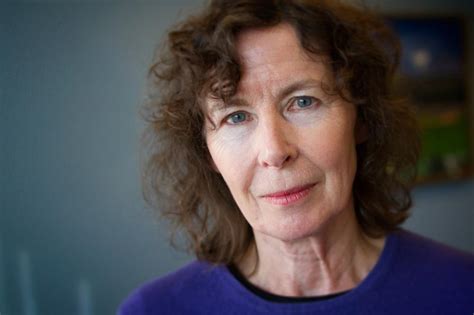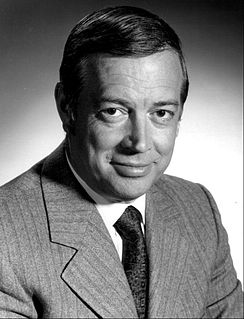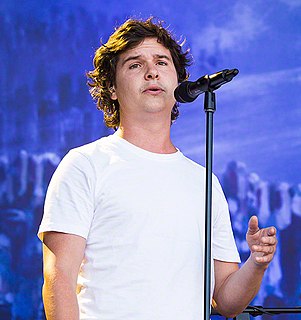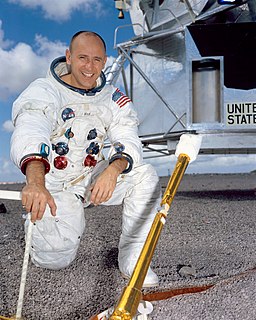A Quote by Margot Livesey
In The Moon, Come to Earth Philip Graham takes us on the best kind of journey, as he simultaneously reveals the fascinating city of Lisbon--its neighborhoods, its writers, its customs, its cuisine--and offers an intimate portrait of his beloved family. With his far-reaching intellect Graham is the ideal travelling companion, and The Moon, Come to Earth is a beautiful and surprising book.
Related Quotes
The first man-made satellite to orbit the earth was named Sputnik. The first living creature in space was Laika. The first rocket to the Moon carried a red flag. The first photograph of the far side of the Moon was made with a Soviet camera. If a man orbits the earth this year his name will be Ivan.
Smile O voluptuous coolbreathed earth!
Earth of the slumbering and liquid trees!
Earth of departed sunset! Earth of the mountains misty-topt!
Earth of the vitreous pour of the full moon just tinged with blue!
Earth of shine and dark mottling the tide of the river!
Earth of the limpid gray of clouds brighter and clearer for my sake!
Far-swooping elbowed earth! Rich apple-blossomed earth!
Smile, for your lover comes!
If the moon and earth were not retained in their orbits by their animal force or some other equivalent, the earth would mount to the moon by a fifty-fourth part of their distance, and the moon fall towards the earth through the other fifty-three parts, and they would there meet, assuming, however, that the substance of both is of the same density.
There was just one moon. That familiar, yellow, solitary moon. The same moon that silently floated over fields of pampas grass, the moon that rose--a gleaming, round saucer--over the calm surface of lakes, that tranquilly beamed down on the rooftops of fast-asleep houses. The same moon that brought the high tide to shore, that softly shone on the fur of animals and enveloped and protected travelers at night. The moon that, as a crescent, shaved slivers from the soul--or, as a new moon, silently bathed the earth in its own loneliness. THAT moon.




































